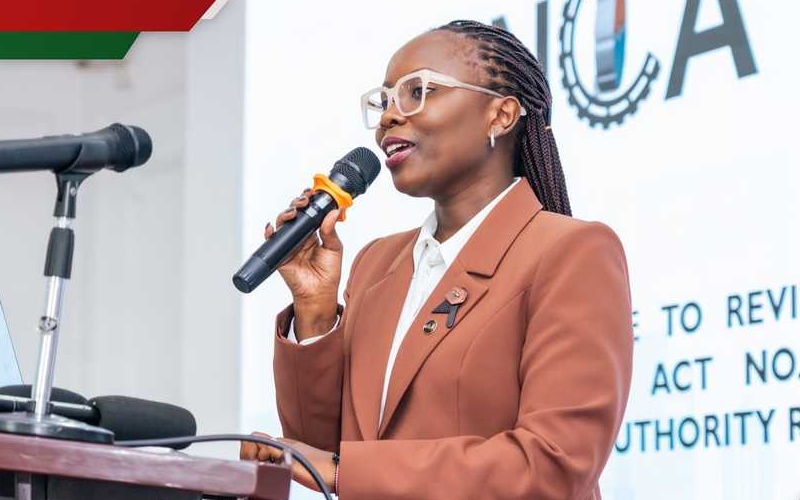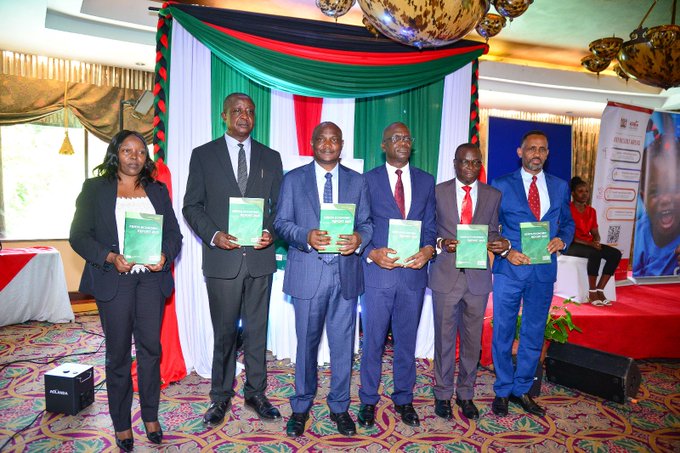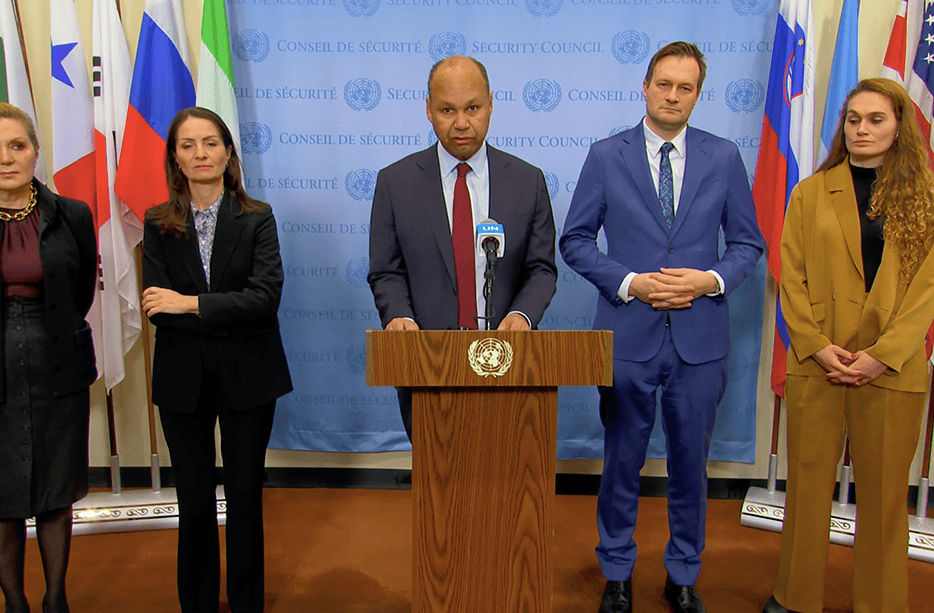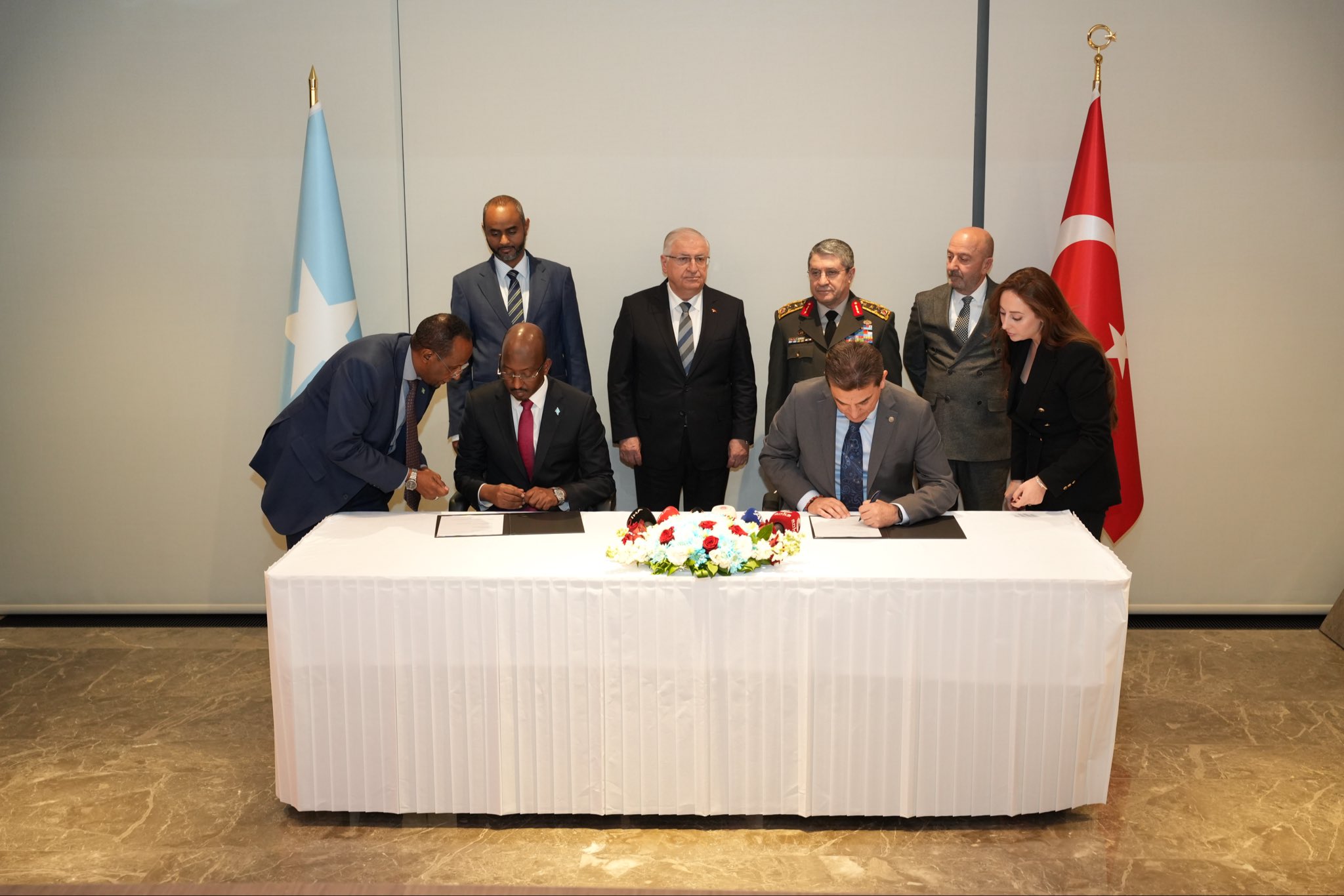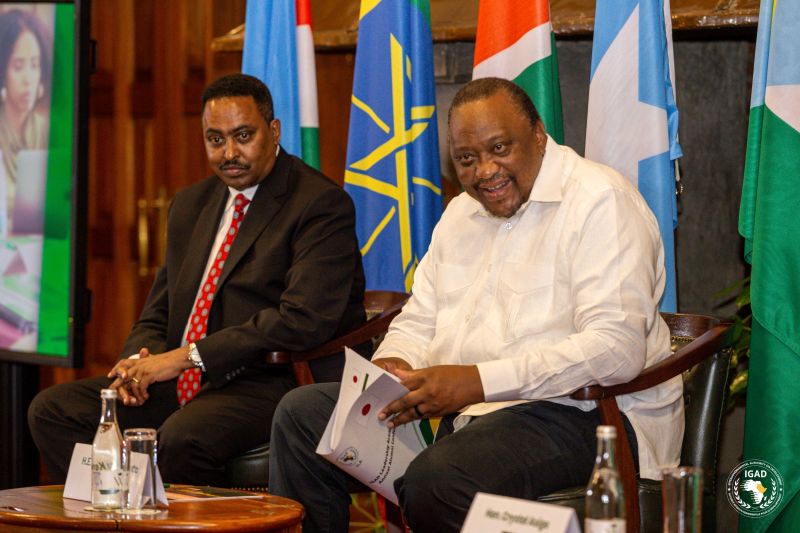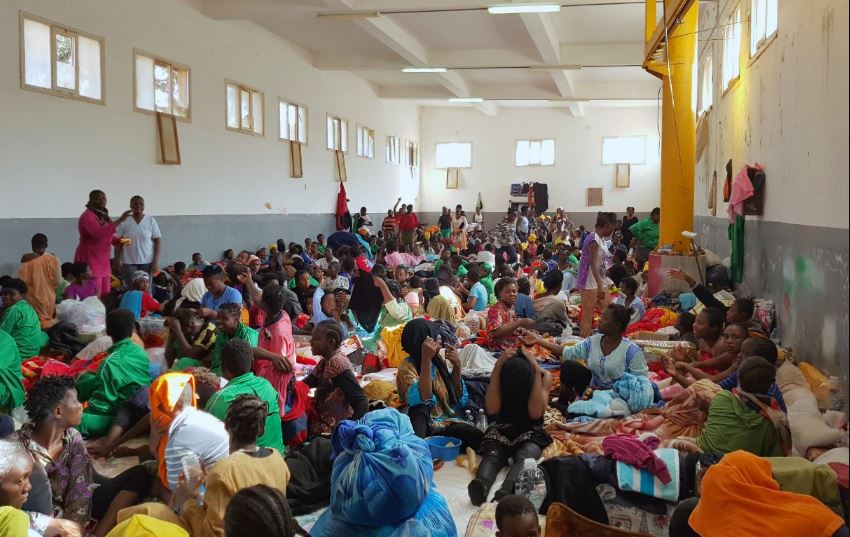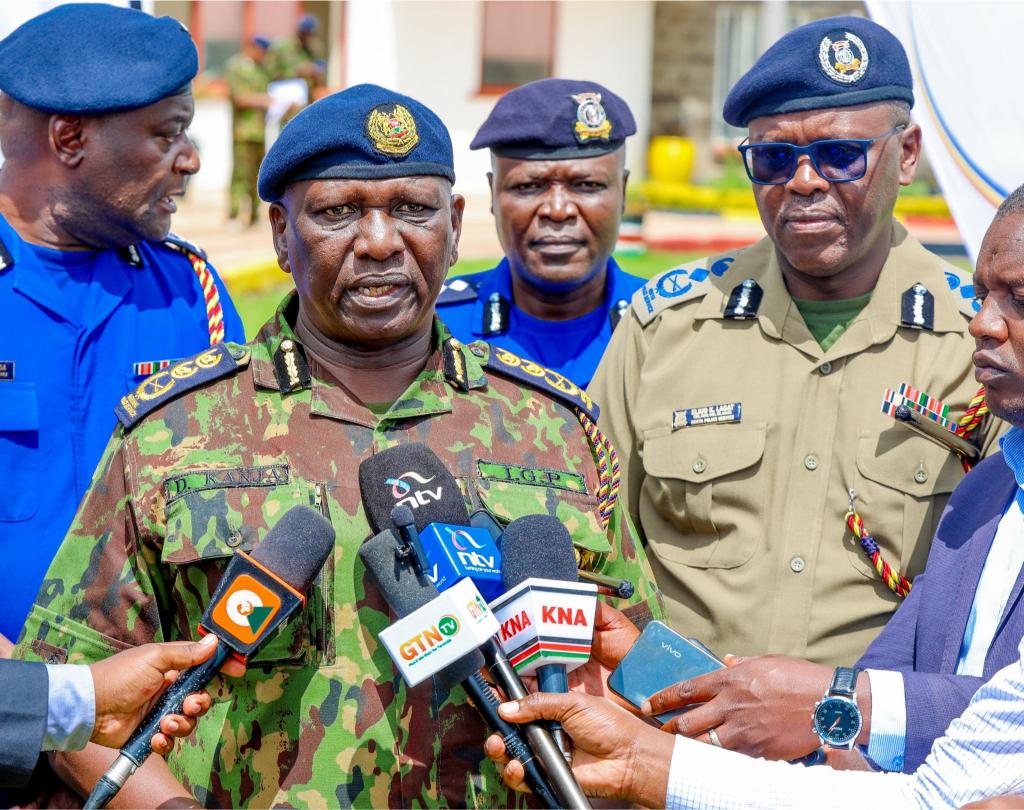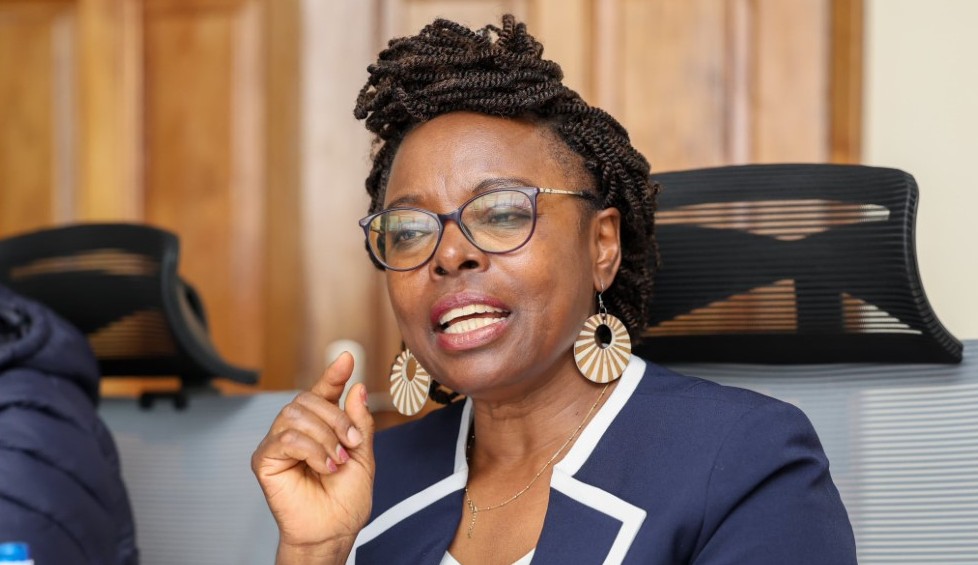Somalia assures commitment to stability, economic growth as G7 praises key progress
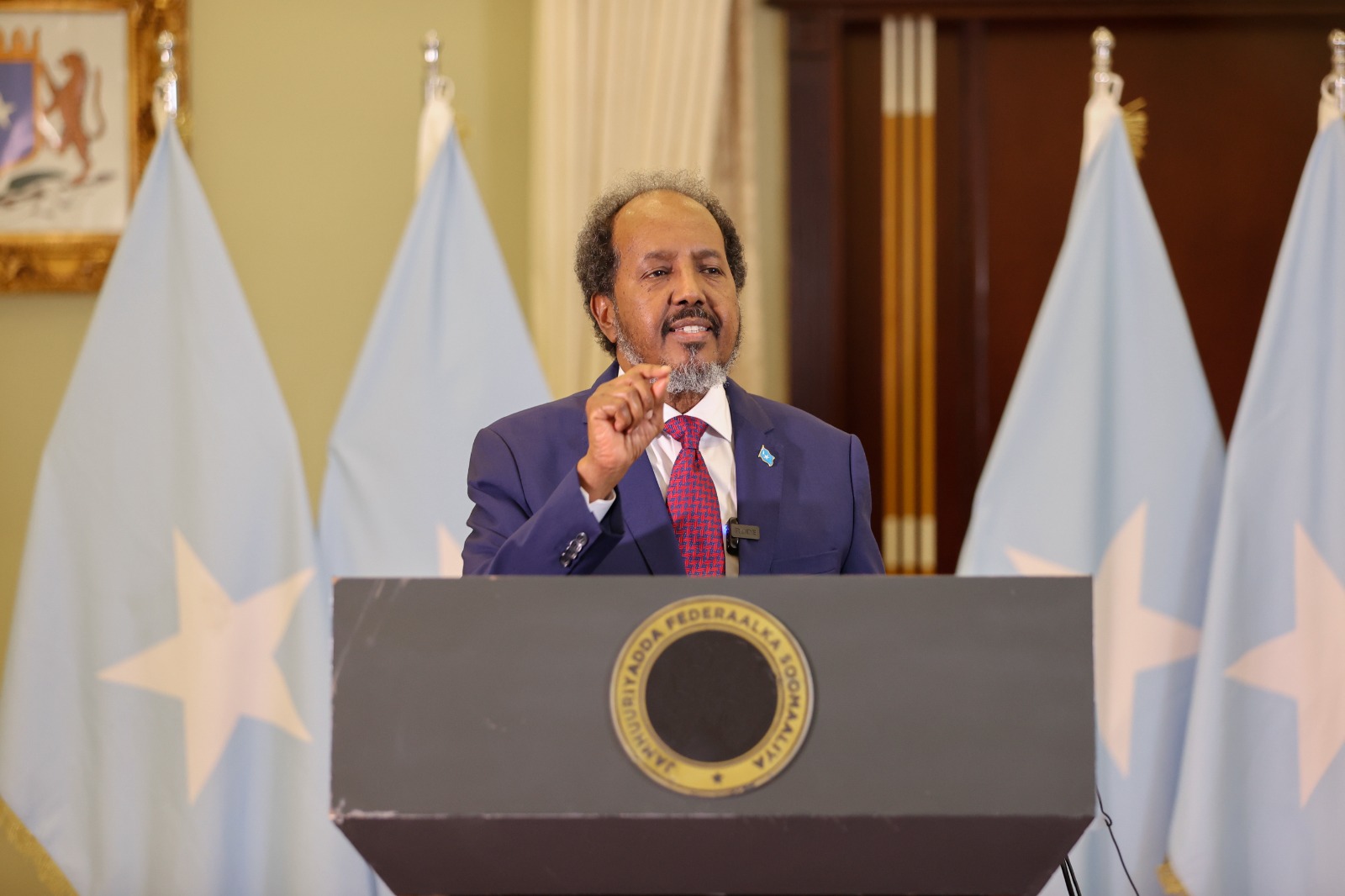
The G7 commended Somalia on its progress in the institutional, macroeconomic and security sectors.
Somalia has assured its commitment to stability within its borders and regionally and will strengthen collaboration with the Group of Seven (G7) and other international partners to make further progress in the institutional, macroeconomic and security sectors.
Somalia's Ministry of Foreign Affairs and International Cooperation noted this in a statement on Friday, following an acknowledgement of important progress by the G7, whose foreign ministers met in Capri, Italy, from April 16–19.
More To Read
- Al-Shabaab releases video of Ukrainian UN pilot held since January 2024
- Somali President Hassan fires back after ex-leader Farmaajo’s warning on economic crisis
- Somalia to recruit 100,000 new soldiers in major national army expansion to counter Al-Shabaab
- Somali Intelligence Agency foils Al-Shabaab attack in Mogadishu, kills 7 militants in Middle Shabelle region
- Somalia orders crackdown on military vehicles after deadly Mogadishu prison attack
- Somali intelligence kills Al-Shabaab leader Abdi Xiiray in major crackdown
The G7, a political and economic group made up of the United Kingdom, the United States, Canada, France, Germany, Italy, and Japan, commended Somalia on the progress it has made in these three sectors, urging it to keep up the efforts to enhance stability.
"We encourage the Somali authorities to continue to make meaningful progress in the fight against Al-Shabaab and the consolidation of the institutional framework, including the completion of a transparent and inclusive constitutional reform process," the group said in a statement.
"The process of transitioning security responsibilities to the Somali security forces needs to be closely followed, especially in view of the termination of the mandate of the African Union Transitional Mission (ATMIS) in Somalia at the end of 2024."
The G7 also welcomed ongoing plans by Somalia and the African Union (AU) for a multinational mission to follow ATMIS, to help maintain Somalia's stability, as it develops its security capabilities.
Early in April, the African Union Peace and Security Council consented to the country's request for a new security arrangement after the full ATMIS withdrawal in December.
The G7 further voiced concerns over the Memorandum of Understanding (MOU) between Ethiopia and the Somaliland region of Somalia, announced in January 2024, for the latter's access to the Red Sea for military and commercial purposes.
It emphasised the importance of maintaining open dialogue channels to avert a further escalation of the dispute between Somalia and Ethiopia, urging adherence to international law and principles of sovereignty.
"We encourage both the Ethiopian and the Federal Government of Somalia to keep all channels of dialogue open to prevent further escalation, working with regional partners, in the framework of the African Union and through bilateral contacts, in accordance with international law and the principles of sovereignty and territorial integrity as enshrined in the UN Charter," the statement said.
While acknowledging progress in implementing the Pretoria cessation of hostilities agreement between the Ethiopian government and the Tigray People's Liberation Front (TPLF), the G7 expressed distress over persistent tensions, human rights violations, an economic crisis, and food insecurity in that country.
It advocated for enhanced human rights protections, political dialogue, reconciliation, and accountability for conflict-related crimes.
Furthermore, the member states urged a similar commitment to peace dialogue in other conflict-affected regions of Ethiopia.
Emphasising the swift delivery of peace dividends, they called for comprehensive support for recovery, reconstruction, disarmament, demobilisation, and reintegration efforts, as well as lasting solutions for internally displaced persons.
In a statement, Somalia's Foreign Affairs ministry acknowledged the G7's commitment to advancing peace, security and stability in the Horn of Africa.
"We recognise their efforts to tackle food insecurity, poverty, armed conflict, extreme weather, and displacement, and value the ongoing humanitarian aid and international cooperation in addressing these challenges," the statement said.
Regarding the war on terror, the ministry said Somalia remained determined to defeat Al-Shabaab and enhance its institutional framework.
"The smooth transition of security responsibilities from ATMIS is vital for national stability," it noted. "Somalia is actively collaborating with the AU and international partners to plan and execute this transition effectively while continuing to develop its security capabilities with support from the global community."
On the dispute with Ethiopia, however, Somalia reiterated that dialogue remained "unattainable", the condition being revoking the "illegal" MoU and "demonstrating full respect of Somalia's unity, sovereignty, and principle of non-interference."
Somalia further underlined its commitment to upholding peace and security in the region and said it was eager to strengthen cooperation with the G7 and other international partners.
Top Stories Today
